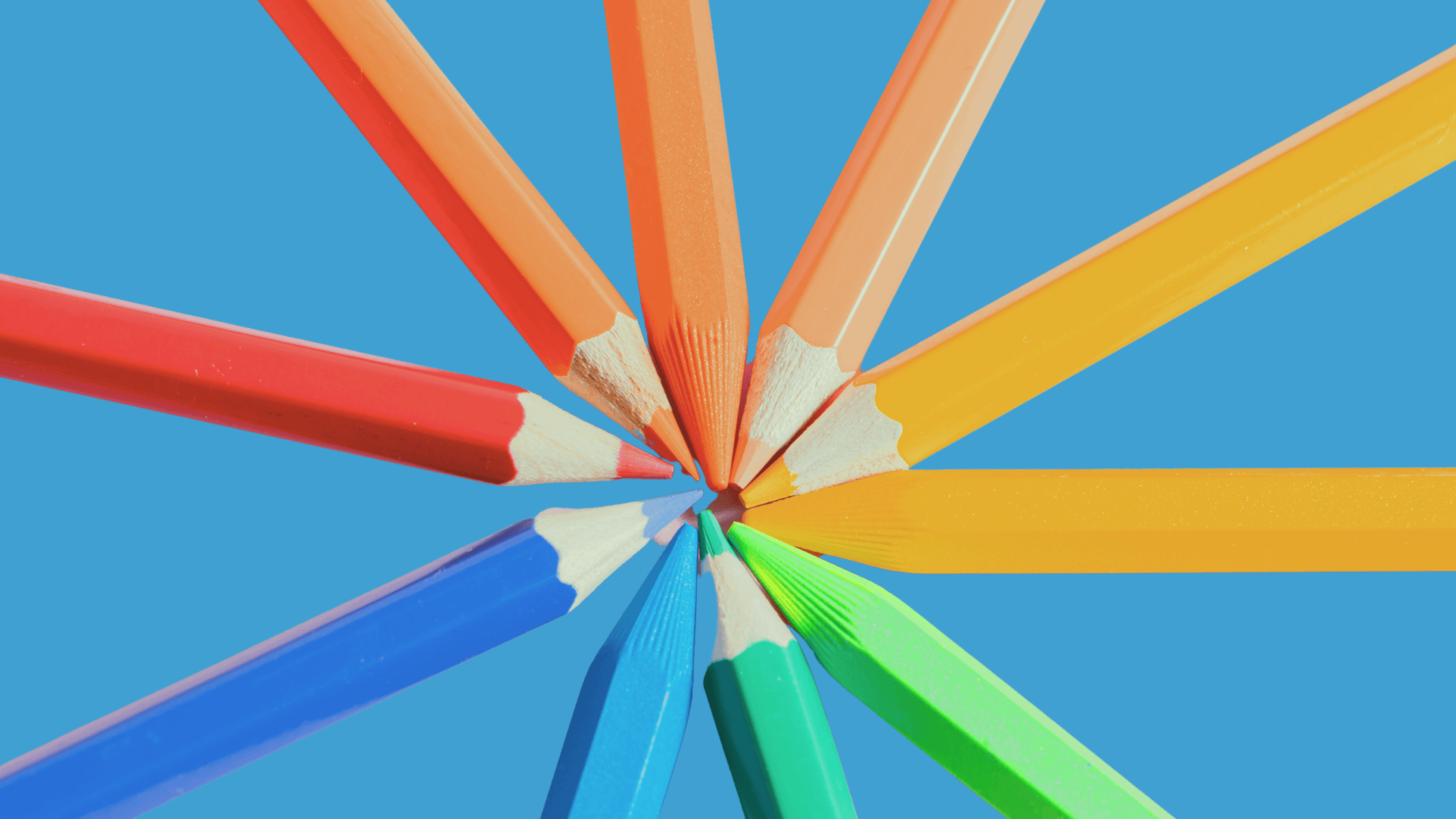Subtitle: Key Takeaways from Abu Dhabi on Culture, Education, Capacity-Building, and Collaborative Action
Earlier this month, Abu Dhabi hosted the inaugural UNESCO World Conference on Culture and Arts Education, a historic gathering of policymakers, educators, cultural leaders, and artists to advance the integration of culture and arts into education systems worldwide. As the first conference of its kind, it emphasized UNESCO’s commitment to fostering inclusive societies through cultural awareness, heritage preservation, and equitable access to arts education.
For cultural institutions and educators, the conference provided actionable strategies to align with global priorities. Here’s a concise, fact-based summary of its outcomes.
Culture and arts education: a global framework
UNESCO unveiled its Framework for Culture and Arts Education, urging governments to:
- Integrate local heritage into formal education (e.g., traditional crafts, oral histories).
- Train educators to act as bridges between schools and cultural institutions.
- Prioritize equity for marginalized groups (indigenous communities, rural populations).
Relevance for institutions:
Partner with schools to develop UNESCO-aligned programs, such as curriculum supplements or educator training workshops.
Addressing capacity-building in the GCC
With major cultura pojects being developed, like the UAE and Saudi Arabia investing in ambitious cultural projects (e.g., Saadiyat Cultural District, Diriyah Gate), the conference highlighted the need for skilled professionals to support these initiatives. Discussions focused on:
- Vocational partnerships: universities collaborating with global bodies to design certifications in heritage conservation and digital archiving.
- UNESCO-led apprenticeships: pilots connecting students to hands-on training at new museums and heritage sites.
Ethical technology integration
Sessions emphasized technology’s role in accessibility and preservation:
- AI for endangered languages: Interactive tools to teach and revitalize at-risk dialects.
- 3D digitization: Creating virtual models of heritage sites for education and research.
The Abu Dhabi Declaration: a roadmap
The conference concluded with the Abu Dhabi Declaration, calling for:
- Resource-sharing networks: regional hubs for digitized cultural/educational content.
- Community-led initiatives: involving local voices in curation and education design.
- Progress reviews: UNESCO’s 2026 global report on arts education policies.
Actural’s role in the movement
We’re committed to helping institutions:
- Align with UNESCO’s Framework: develop education partnerships and capacity-building programs.
- Foster Local Talent: Collaborate with universities, schools and vocational programs.
Together, let’s ensure culture and education drive inclusive, sustainable progress.
— The Actural Team




